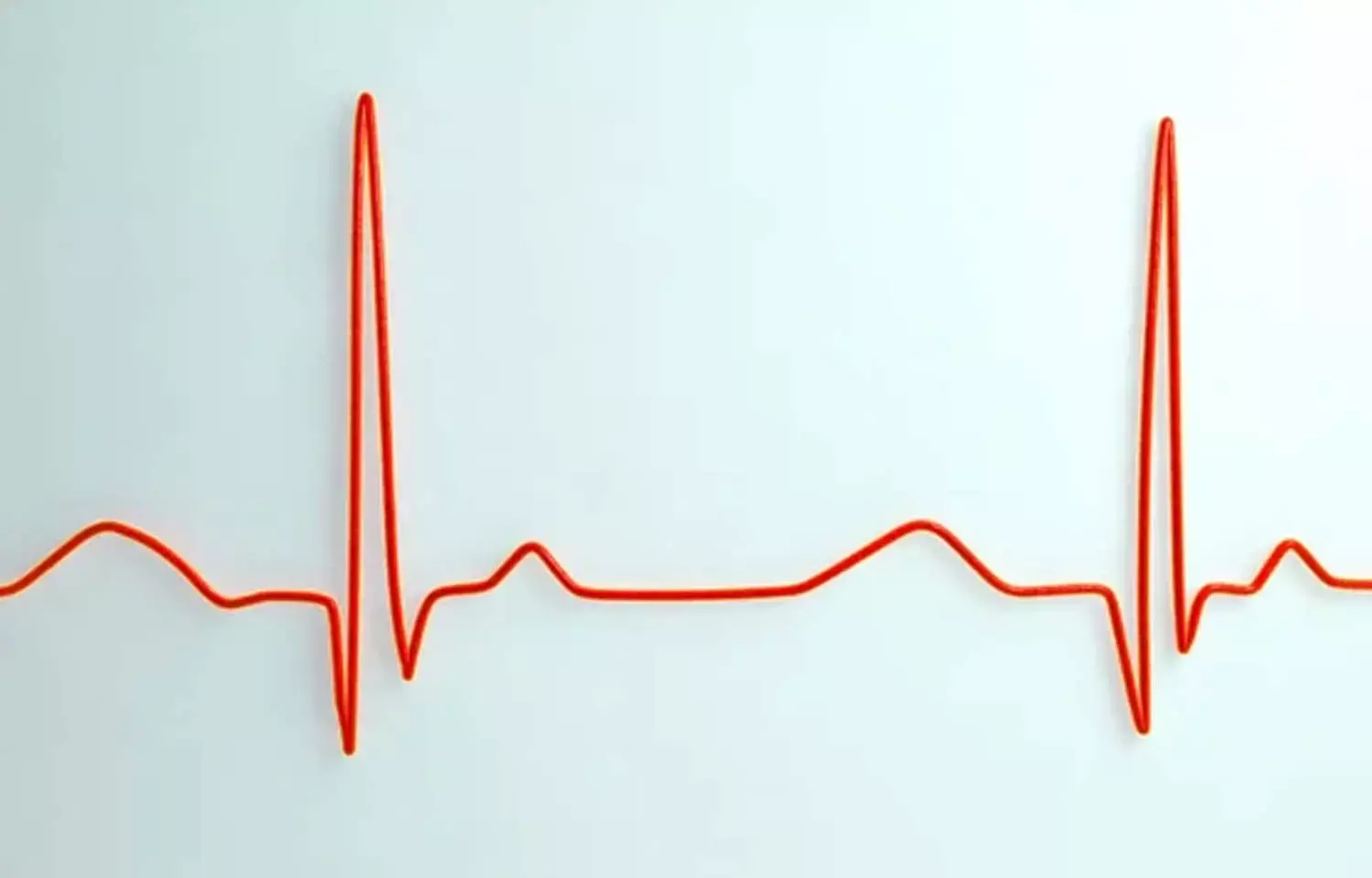- Home
- Medical news & Guidelines
- Anesthesiology
- Cardiology and CTVS
- Critical Care
- Dentistry
- Dermatology
- Diabetes and Endocrinology
- ENT
- Gastroenterology
- Medicine
- Nephrology
- Neurology
- Obstretics-Gynaecology
- Oncology
- Ophthalmology
- Orthopaedics
- Pediatrics-Neonatology
- Psychiatry
- Pulmonology
- Radiology
- Surgery
- Urology
- Laboratory Medicine
- Diet
- Nursing
- Paramedical
- Physiotherapy
- Health news
- Fact Check
- Bone Health Fact Check
- Brain Health Fact Check
- Cancer Related Fact Check
- Child Care Fact Check
- Dental and oral health fact check
- Diabetes and metabolic health fact check
- Diet and Nutrition Fact Check
- Eye and ENT Care Fact Check
- Fitness fact check
- Gut health fact check
- Heart health fact check
- Kidney health fact check
- Medical education fact check
- Men's health fact check
- Respiratory fact check
- Skin and hair care fact check
- Vaccine and Immunization fact check
- Women's health fact check
- AYUSH
- State News
- Andaman and Nicobar Islands
- Andhra Pradesh
- Arunachal Pradesh
- Assam
- Bihar
- Chandigarh
- Chattisgarh
- Dadra and Nagar Haveli
- Daman and Diu
- Delhi
- Goa
- Gujarat
- Haryana
- Himachal Pradesh
- Jammu & Kashmir
- Jharkhand
- Karnataka
- Kerala
- Ladakh
- Lakshadweep
- Madhya Pradesh
- Maharashtra
- Manipur
- Meghalaya
- Mizoram
- Nagaland
- Odisha
- Puducherry
- Punjab
- Rajasthan
- Sikkim
- Tamil Nadu
- Telangana
- Tripura
- Uttar Pradesh
- Uttrakhand
- West Bengal
- Medical Education
- Industry
Management of Secondary Mitral Regurgitation in Heart Failure: Multi society Joint statement

A joint team with members from ESC Heart Failure Association (HFA), European Association of Cardiovascular Imaging (EACVI), European Heart Rhythm Association (EHRA), and European Association of Percutaneous Cardiovascular Interventions (EAPCI), have proposed an updated practical approach to the management of patients with heart failure and secondary mitral regurgitation based on a multidisciplinary Heart Team approach. The statement has been published in European Heart Journal.
In the research report, the team has outlined the current evidence (and its limitations), discussed open issues that need to be addressed by future research, and stressed the importance of appropriate referral and selection of patients for transcatheter mitral valve intervention alongside guideline-recommended medical and device therapies.
The highlights of the statements have been summerised below.
- Secondary mitral regurgitation (SMR) is a common consequence of left ventricular remodelling and associated with adverse prognosis.Severity of SMR should be assessed by experienced echocardiographers using an integrated multi-parametric approach.
- Patients with symptomatic heart failure (HF) and moderate or severe SMR should be referred in a timely manner to a multidisciplinary Heart Team, including:Heart failure specialist,Cardiovascular imaging specialist,Interventional cardiologist with expertise in transcatheter mitral valve repair,Cardiac electrophysiologist,Cardiac surgeon with experience in mitral valve surgery.
- The Heart Team should first evaluate and optimize guideline-directed medical therapy (GDMT) and then consider the respective roles of device therapy (including cardiac resynchronization therapy, CRT), transcatheter mitral intervention and surgery (mitral repair, ventricular assist systems or transplantation), and their order of implementation.
- Decisions concerning treatments for mitral regurgitation, other than pharmacological therapy or circulatory support, should ideally be made in stable patients without fluid overload or the need for inotropic support.
- Surgical treatment of severe SMR should be considered in operable patients with coronary artery disease requiring surgical revascularization.
- Transcatheter edge-to-edge repair* is an evidence-based treatment option in patients with severe SMR who remain symptomatic despite GDMT (including CRT when indicated) and who have been carefully selected by a multidisciplinary Heart Team.
- Circulatory support devices and cardiac transplantation should be considered as an alternative in patients with advanced left and/or right ventricular failure.
- Interventions for mitral regurgitation should be avoided in patients with life expectancy <1 year due to conditions unrelated to the mitral regurgitation.
"Whilst international guidelines should be updated to reflect the findings of the recent randomized trials, further high-quality studies are required to refine selection criteria, explore indications beyond the current evidence base, and investigate the role of other transcatheter treatment options (annuloplasty, combined repair techniques, valve replacement)."the team concluded.
For full article follow the link: https://doi.org/10.1093/eurheartj/ehab086
Primary source:European Heart Journal
Dr Satabdi Saha (BDS, MDS) is a practicing pediatric dentist with a keen interest in new medical researches and updates. She has completed her BDS from North Bengal Dental College ,Darjeeling. Then she went on to secure an ALL INDIA NEET PG rank and completed her MDS from the first dental college in the country – Dr R. Ahmed Dental College and Hospital. She is currently attached to The Marwari Relief Society Hospital as a consultant along with private practice of 2 years. She has published scientific papers in national and international journals. Her strong passion of sharing knowledge with the medical fraternity has motivated her to be a part of Medical Dialogues.
Dr Kamal Kant Kohli-MBBS, DTCD- a chest specialist with more than 30 years of practice and a flair for writing clinical articles, Dr Kamal Kant Kohli joined Medical Dialogues as a Chief Editor of Medical News. Besides writing articles, as an editor, he proofreads and verifies all the medical content published on Medical Dialogues including those coming from journals, studies,medical conferences,guidelines etc. Email: drkohli@medicaldialogues.in. Contact no. 011-43720751


